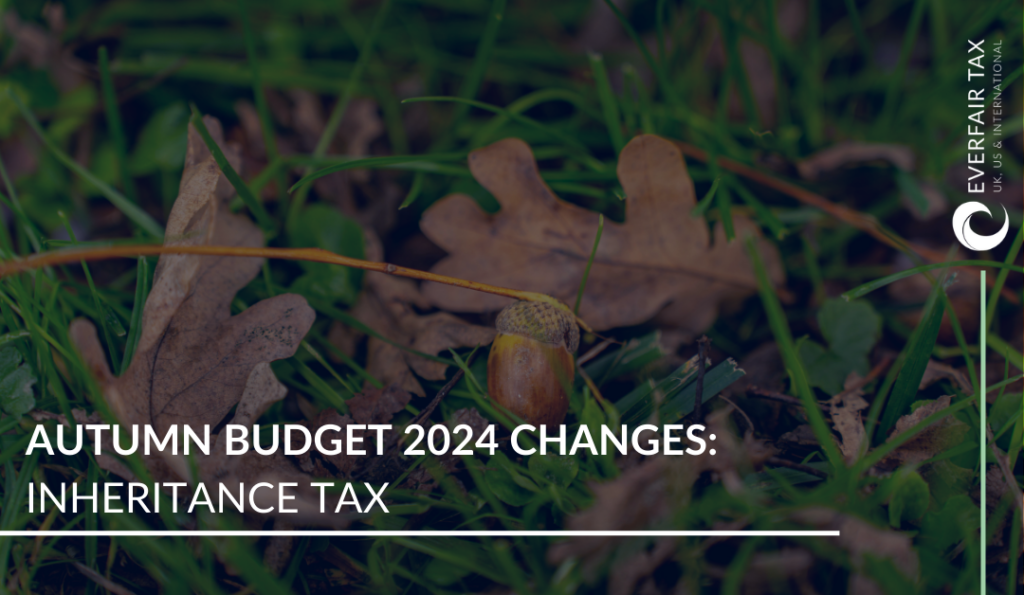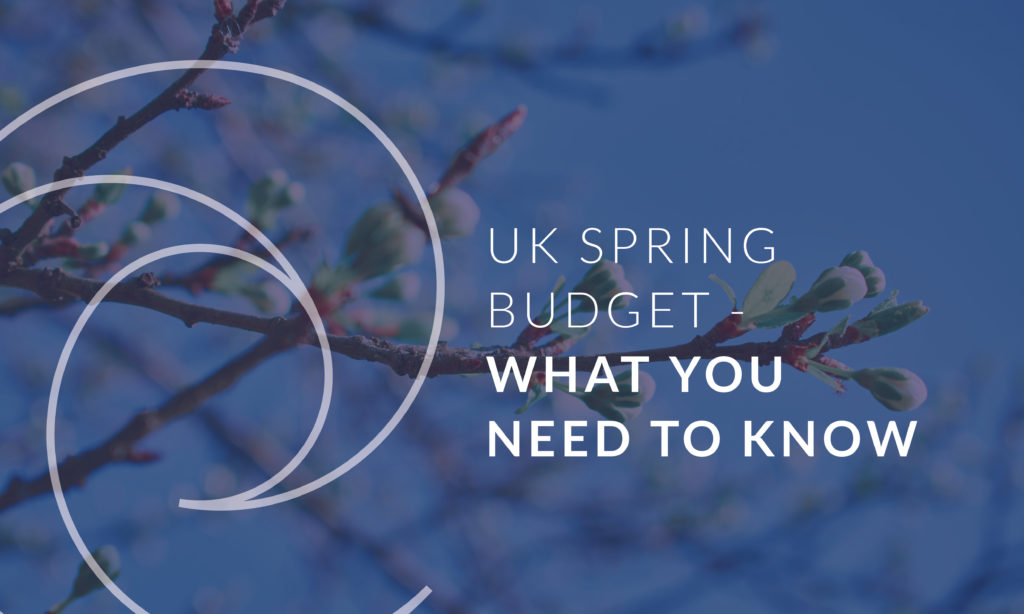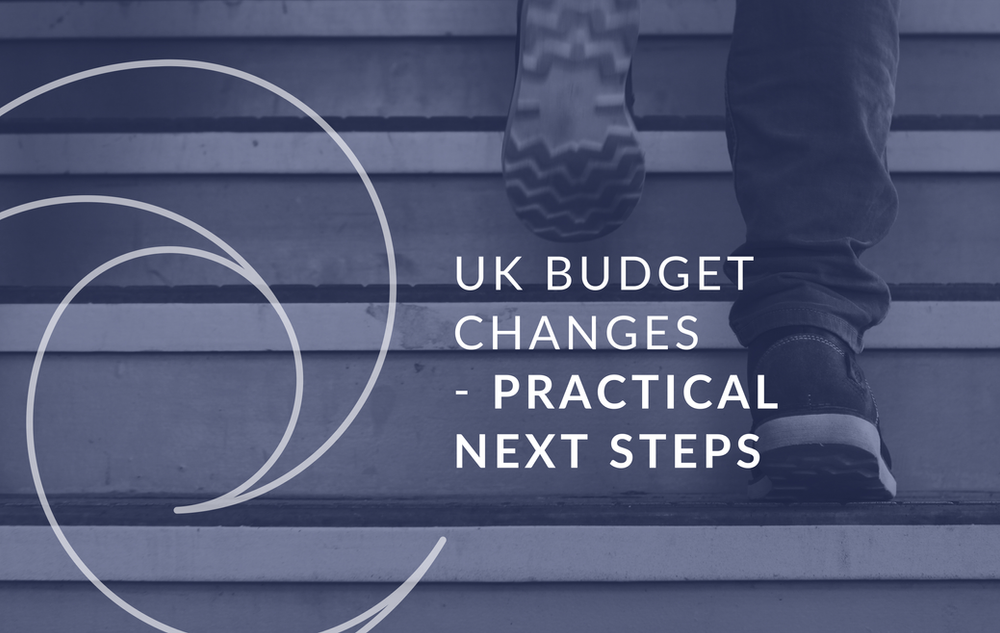Summary of Changes for IHT; Individuals and Offshore trusts
The current non-domicile tax regime, including the remittance basis of taxation, will be abolished from 6 April 2025. It will be replaced by a new “residence based” approach. This note focuses on how the changes affect inheritance tax (“IHT”). Separate notes consider the impact on income tax and capital gains tax for individuals and offshore trusts.

Inheritance tax – Individuals
It has been confirmed that the basis for IHT on non-UK assets will change from domicile-based to residence-based from 6 April 2025. The impact for individuals is summarised below:
- The term domicile will be replaced by long-term residence.
- The basic premise will be that an individual will be a long-term resident for a tax year if they have been UK resident for 10 out of the previous 20 UK tax years.
- Long-term residence will end after a run of consecutive tax years of non-UK residence varying from three to 10 tax years depending on the number of years of prior UK residence.
- The test resets after 10 consecutive years of non-UK residence.
- There is transitional protection for non-domiciles who would otherwise be long-term resident but left the UK before 30 October 2024 and who remain non-UK resident.
- Residence for a tax year is based on being resident for all or part of the year under the Statutory Residence Test.
- Lifetime gifts of non-UK assets by long-tern non-residents remain outside the scope of IHT even if long-term resident on death within seven years.
Inheritance tax – Offshore trusts
It is with regard to IHT and offshore trusts, particularly so-called excluded property trusts, where there was thought to be the biggest divergence between Labour and the Conservatives and the budget confirmed this was the case.
Under current rules an excluded property trust is a trust set up by a non-UK domiciliary which only holds non-UK assets so that it is outside the scope of IHT. This treatment generally continues regardless of changes in the settlor’s domicile so can be used as a long term IHT mitigation tool.
The position for offshore trusts from 6 April 2025 builds on the changes for individuals:
- Rather than being fixed at creation, the scope of a trust’s exposure to IHT on non-UK assets will change with the settlor’s personal IHT status before being finally fixed based on their status at death.
- Broadly speaking, a trust’s non-UK assets will be within the scope of IHT for periods where the settlor is a long-term resident with charges arising when relevant events occur.



